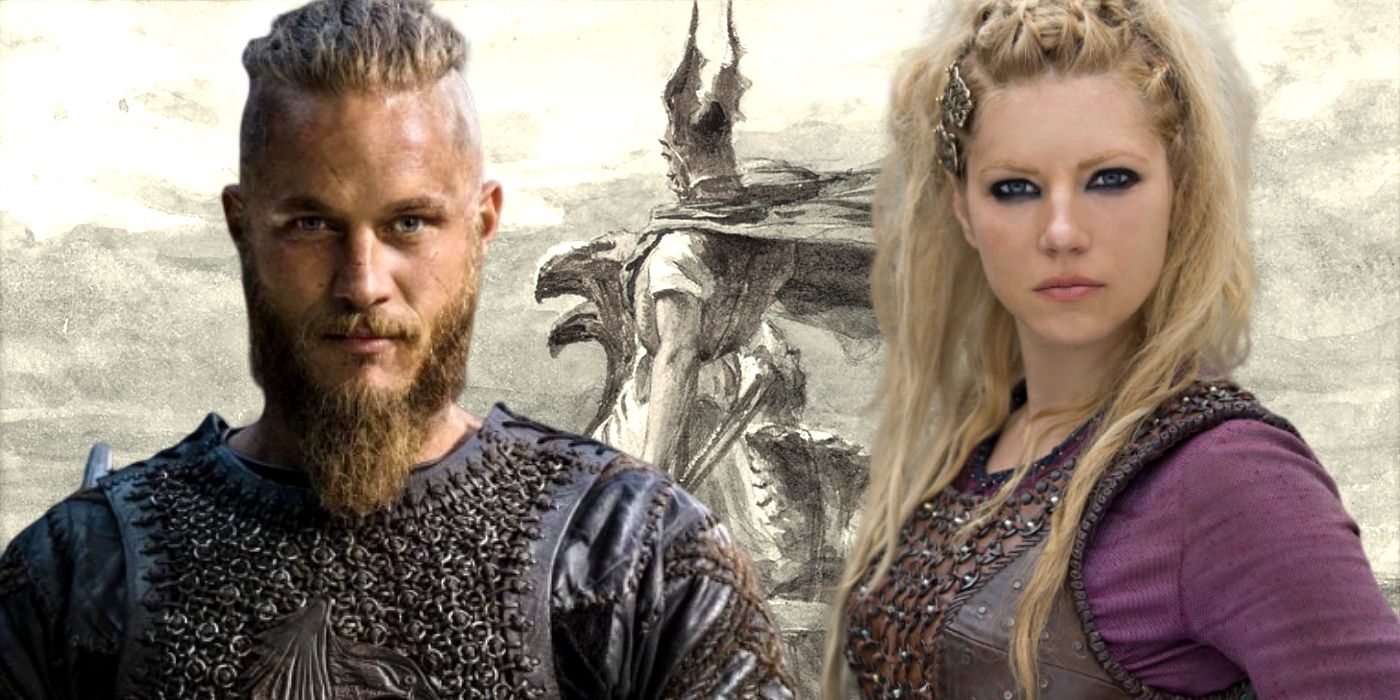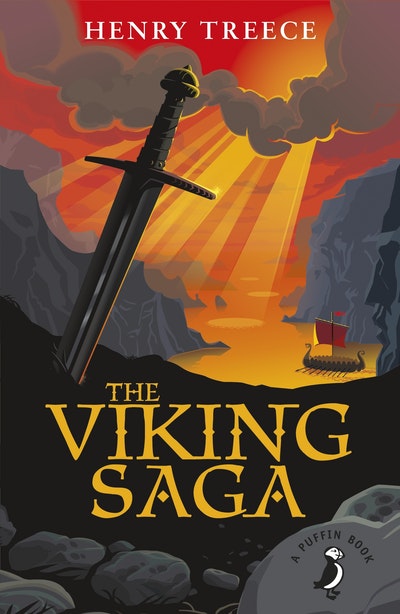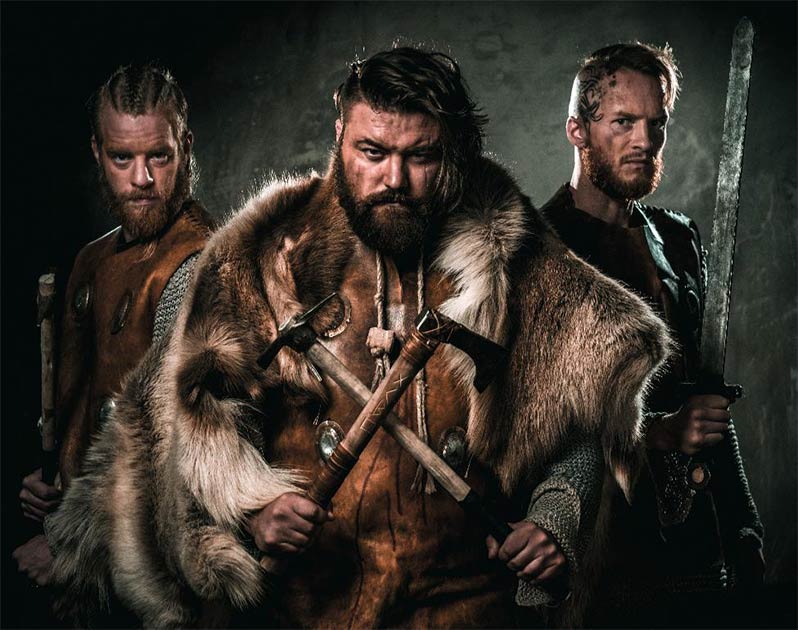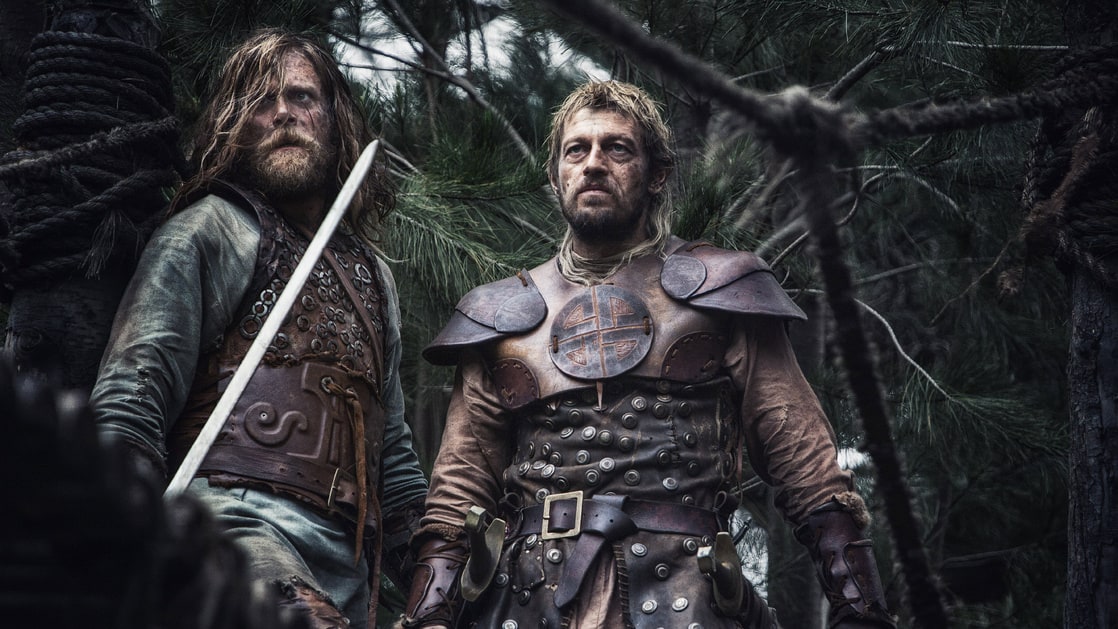Vikings: A Saga of Blood, Glory, and the Norse World
Related Articles: Vikings: A Saga of Blood, Glory, and the Norse World
Introduction
With great pleasure, we will explore the intriguing topic related to Vikings: A Saga of Blood, Glory, and the Norse World. Let’s weave interesting information and offer fresh perspectives to the readers.
Table of Content
Vikings: A Saga of Blood, Glory, and the Norse World

The historical drama series "Vikings," which aired from 2013 to 2020, has captivated audiences worldwide with its compelling narrative of the Viking Age. The show, created by Michael Hirst, delves into the lives of legendary Norse figures like Ragnar Lothbrok, his sons, and their journeys of conquest, exploration, and personal growth. "Vikings" goes beyond the stereotypical image of the barbaric Viking, presenting a complex and nuanced portrayal of their culture, beliefs, and societal structures.
The Saga of Ragnar Lothbrok:
The central figure of the series, Ragnar Lothbrok, is a charismatic and ambitious warrior who rises from humble beginnings to become a legendary Viking king. The show chronicles his rise to power, his daring raids on England and France, and the conflicts he faces with his rivals, including his own brother Rollo. Ragnar’s story is one of ambition, betrayal, and the struggle to reconcile his desire for glory with the responsibilities of leadership.
A Glimpse into Viking Culture:
"Vikings" meticulously recreates the world of the Vikings, offering viewers a glimpse into their daily lives, beliefs, and customs. The series showcases their shipbuilding prowess, their fierce warrior culture, and their strong sense of family and loyalty. The show also explores their pagan beliefs, featuring intricate rituals, sacrifices, and the presence of deities like Odin and Thor.
Beyond the Battlefield:
While the series features numerous battles and raids, it also delves into the personal lives of its characters, exploring themes of love, betrayal, ambition, and the search for meaning. The relationships between Ragnar and his sons, particularly Bjorn Ironside and Ivar the Boneless, are central to the narrative, highlighting the complexities of family dynamics and the struggle for power.
The Evolution of the Series:
"Vikings" evolved over its six seasons, expanding its scope and introducing new characters and storylines. The show explored the internal conflicts within the Viking community, the rise of Christianity, and the expansion of the Viking realm beyond Scandinavia. The later seasons also featured the exploits of Ragnar’s sons, each with their own ambitions and destinies.
Historical Accuracy and Creative License:
While "Vikings" draws inspiration from historical figures and events, it also takes creative liberties to enhance the narrative. The show incorporates fictional characters and storylines, while certain historical events are dramatized or altered for dramatic effect. This balance between historical accuracy and creative license allows "Vikings" to offer a compelling and engaging portrayal of the Viking Age while acknowledging its fictional nature.
The Legacy of "Vikings":
"Vikings" has left a lasting impact on popular culture, contributing to a renewed interest in the Viking Age. The show’s success has sparked a resurgence in historical research and popular media focusing on the Vikings. Moreover, "Vikings" has inspired numerous spin-offs and adaptations, including "Vikings: Valhalla," which continues the saga of the Vikings in a new era.
Frequently Asked Questions (FAQs) about "Vikings":
1. Is "Vikings" a historically accurate show?
While "Vikings" draws inspiration from historical figures and events, it is not a documentary. The show incorporates fictional characters and storylines, and certain historical events are dramatized or altered for dramatic effect.
2. What is the time period of "Vikings"?
"Vikings" is set in the 8th and 9th centuries, during the Viking Age, a period of intense expansion and exploration by the Vikings.
3. Are the battles in "Vikings" realistic?
The battle scenes in "Vikings" are choreographed by experienced stunt professionals and are designed to be visually impressive and historically accurate. However, they are still stylized and dramatized for entertainment purposes.
4. What is the significance of the Norse gods in "Vikings"?
The Norse gods, such as Odin and Thor, play a significant role in the beliefs and practices of the Vikings. They are invoked in rituals, sacrifices, and oaths, and their influence is felt throughout the series.
5. What is the relationship between Ragnar and his sons?
Ragnar’s sons, Bjorn Ironside, Ivar the Boneless, and others, are central to the narrative of "Vikings." Their relationship with their father is complex, marked by ambition, rivalry, and the struggle for power.
6. What is the role of women in "Vikings"?
Women play significant roles in "Vikings," both as warriors and as leaders. They are depicted as strong, independent figures who challenge societal expectations and wield influence within their communities.
7. What are the main themes explored in "Vikings"?
"Vikings" explores themes of ambition, betrayal, loyalty, family, faith, and the search for meaning in a world of violence and uncertainty.
Tips for Enjoying "Vikings":
- Do your research: Familiarize yourself with the Viking Age and its history to enhance your understanding of the show’s context.
- Pay attention to the details: "Vikings" is meticulously crafted, with attention to detail in its costumes, sets, and props. Take note of these details to immerse yourself in the world of the Vikings.
- Embrace the violence: "Vikings" is a violent show, but it is also a complex and nuanced exploration of human nature. Don’t shy away from the violence, as it is an integral part of the narrative.
- Appreciate the characters: The characters in "Vikings" are complex and multifaceted. Take the time to understand their motivations and complexities.
- Don’t expect historical accuracy: While "Vikings" draws inspiration from history, it is not a documentary. Embrace the show’s fictional elements and enjoy the story it tells.
Conclusion:
"Vikings" is a captivating historical drama series that offers a unique and engaging exploration of the Viking Age. The show’s compelling narrative, well-developed characters, and meticulous attention to detail have made it a global phenomenon. By exploring the lives of legendary figures like Ragnar Lothbrok and his sons, "Vikings" presents a complex and nuanced portrayal of Viking culture, beliefs, and societal structures, leaving a lasting impact on popular culture and sparking a renewed interest in the history of the Vikings.








Closure
Thus, we hope this article has provided valuable insights into Vikings: A Saga of Blood, Glory, and the Norse World. We hope you find this article informative and beneficial. See you in our next article!